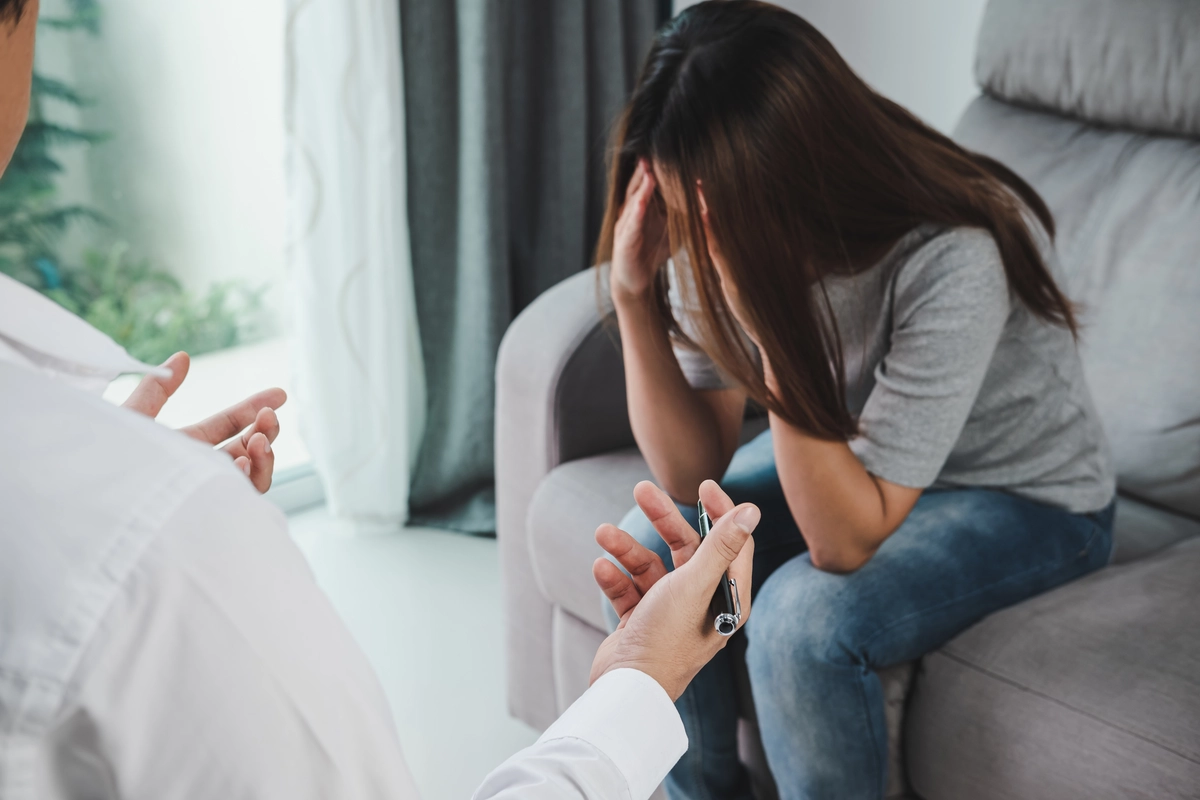24/7 Helpline:
(866) 899-221924/7 Helpline:
(866) 899-2219
Learn more about PTSD Treatment centers in Orange
PTSD Treatment in Other Cities

Other Insurance Options

Private insurance

AllWell

Kaiser Permanente

Medical Mutual of Ohio

ComPsych

Providence

WellPoint

Amerigroup

Evernorth

Group Health Incorporated

Absolute Total Care

Coventry Health Care

Magellan

Covered California

Multiplan

GEHA

UMR

Magellan Health

Regence

Aetna


































